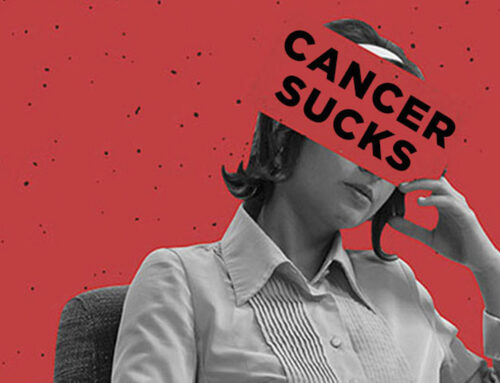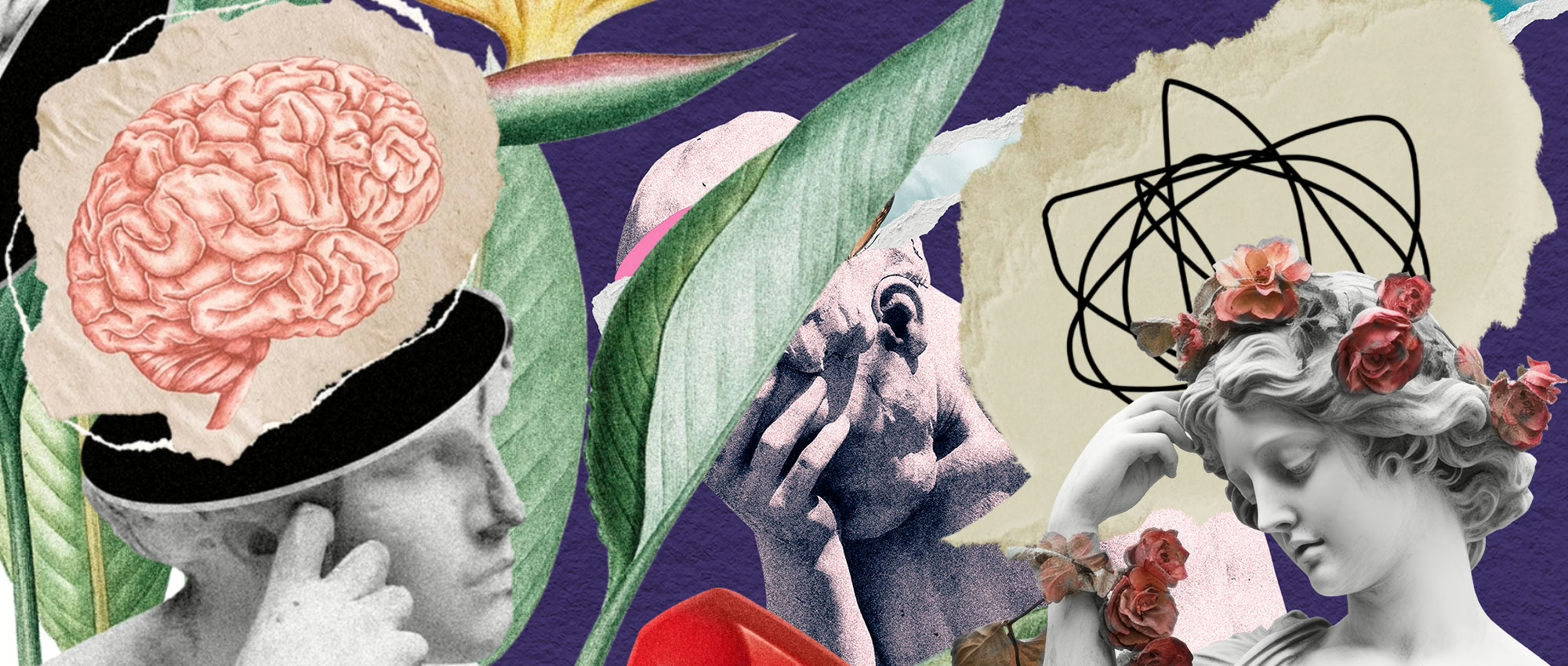The Power of Resilience: Honoring National Cancer Survivors Day and The Role of Mental Health Therapy
As we approach the 4th of June, a date marked in the calendars of countless people worldwide, I find myself reflecting on my personal journey. This year, National Cancer Survivors Day coincides with my 24-year anniversary of my first cancer diagnosis. It’s a milestone that brings with it a myriad of emotions, from deep gratitude to poignant reflection. But most of all, it serves as a testament to the power of resilience.
National Cancer Survivors Day is not merely a date, but a global celebration for those who have survived, an inspiration for those recently diagnosed, a gathering of support for families, and an outreach to the community. This day illustrates that life after a cancer diagnosis can be meaningful, productive, and even inspiring.
However, it’s crucial to acknowledge that the journey of cancer survival isn’t solely about physical endurance. The mental and emotional challenges that come hand-in-hand with this journey are equally significant.
The Mental Health Impact of Cancer
A cancer diagnosis invariably impacts a person’s mental health, often leading to feelings of anxiety, depression, and fear. These feelings can persist long after the treatment has ended. The American Cancer Society notes that about 1 in 4 people with cancer experience significant mental distress.
As a mental health therapist specializing in working with cancer survivors, and as a two-time cancer survivor myself, I understand firsthand the emotional aftermath of such a diagnosis. It can often feel like an emotional rollercoaster, a storm of fear, anxiety, uncertainty, and even guilt.
The Importance of Seeking Mental Health Therapy
The healing process is holistic – it necessitates care for both body and mind. Mental health therapy plays a pivotal role in this process. It offers a safe space for patients and survivors to express their feelings, fears, and concerns. It equips individuals with the tools and strategies to navigate through their emotional landscape, promoting resilience and improving overall quality of life.
Therapy can also provide survivors with techniques to manage any ongoing symptoms of post-traumatic stress disorder (PTSD), which is common among cancer survivors. It can help survivors regain a sense of control over their lives, helping them move from surviving to thriving.
Encouraging a Culture of Openness
This National Cancer Survivors Day, let’s encourage a culture of openness and remove the stigma around seeking mental health support. Everyone’s journey with cancer is unique, but no one should have to walk that path alone. Mental health professionals can provide the necessary emotional support and practical coping strategies for navigating this challenging journey.
It’s essential that we, as a society, recognize and validate the emotional and psychological impact of cancer, just as we do the physical. By doing so, we can create a more comprehensive support network for cancer survivors, improving their quality of life and enabling them to thrive in their post-cancer lives.
Conclusion
As we look ahead to National Cancer Survivors Day, let’s celebrate the strength and resilience of survivors, remember those we’ve lost, and unite in the fight against cancer. Let’s also remember that mental health matters – that it’s okay to seek help, to lean on others for support.
To all my fellow survivors out there, remember: you are not alone. Your strength is an inspiration, your story, a beacon of hope.
The Power of Resilience: Honoring National Cancer Survivors Day and The Role of Mental Health Therapy
As we approach the 4th of June, a date marked in the calendars of countless people worldwide, I find myself reflecting on my personal journey. This year, National Cancer Survivors Day coincides with my 24-year anniversary of my first cancer diagnosis. It’s a milestone that brings with it a myriad of emotions, from deep gratitude to poignant reflection. But most of all, it serves as a testament to the power of resilience.
National Cancer Survivors Day is not merely a date, but a global celebration for those who have survived, an inspiration for those recently diagnosed, a gathering of support for families, and an outreach to the community. This day illustrates that life after a cancer diagnosis can be meaningful, productive, and even inspiring.
However, it’s crucial to acknowledge that the journey of cancer survival isn’t solely about physical endurance. The mental and emotional challenges that come hand-in-hand with this journey are equally significant.
The Mental Health Impact of Cancer
A cancer diagnosis invariably impacts a person’s mental health, often leading to feelings of anxiety, depression, and fear. These feelings can persist long after the treatment has ended. The American Cancer Society notes that about 1 in 4 people with cancer experience significant mental distress.
As a mental health therapist specializing in working with cancer survivors, and as a two-time cancer survivor myself, I understand firsthand the emotional aftermath of such a diagnosis. It can often feel like an emotional rollercoaster, a storm of fear, anxiety, uncertainty, and even guilt.
The Importance of Seeking Mental Health Therapy
The healing process is holistic – it necessitates care for both body and mind. Mental health therapy plays a pivotal role in this process. It offers a safe space for patients and survivors to express their feelings, fears, and concerns. It equips individuals with the tools and strategies to navigate through their emotional landscape, promoting resilience and improving overall quality of life.
Therapy can also provide survivors with techniques to manage any ongoing symptoms of post-traumatic stress disorder (PTSD), which is common among cancer survivors. It can help survivors regain a sense of control over their lives, helping them move from surviving to thriving.
Encouraging a Culture of Openness
This National Cancer Survivors Day, let’s encourage a culture of openness and remove the stigma around seeking mental health support. Everyone’s journey with cancer is unique, but no one should have to walk that path alone. Mental health professionals can provide the necessary emotional support and practical coping strategies for navigating this challenging journey.
It’s essential that we, as a society, recognize and validate the emotional and psychological impact of cancer, just as we do the physical. By doing so, we can create a more comprehensive support network for cancer survivors, improving their quality of life and enabling them to thrive in their post-cancer lives.
Conclusion
As we look ahead to National Cancer Survivors Day, let’s celebrate the strength and resilience of survivors, remember those we’ve lost, and unite in the fight against cancer. Let’s also remember that mental health matters – that it’s okay to seek help, to lean on others for support.
To all my fellow survivors out there, remember: you are not alone. Your strength is an inspiration, your story, a beacon of hope.




